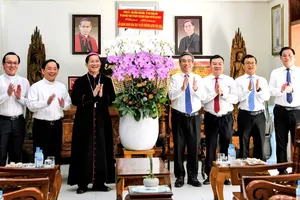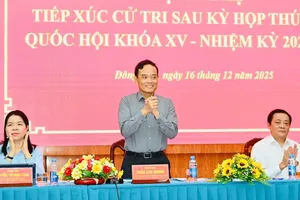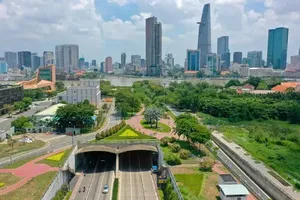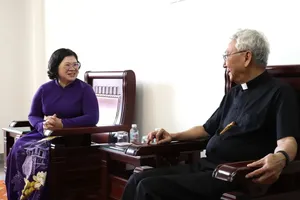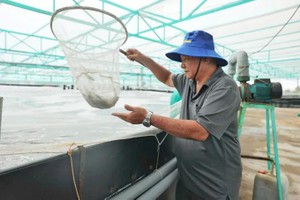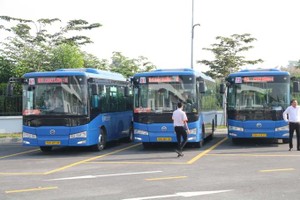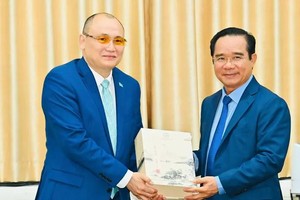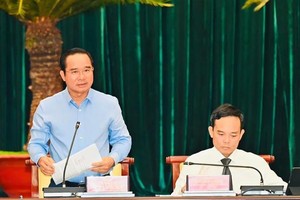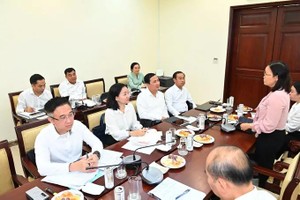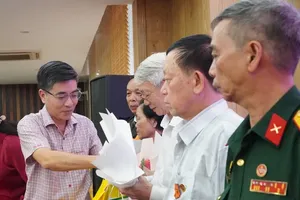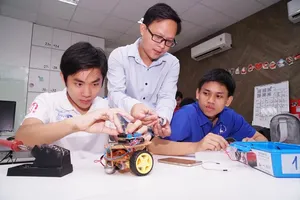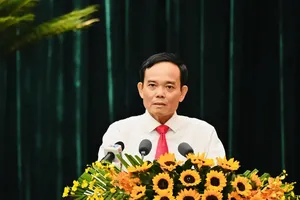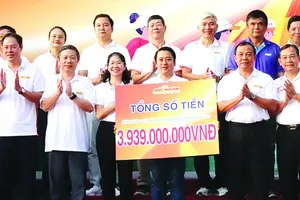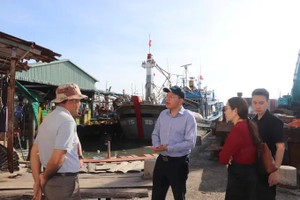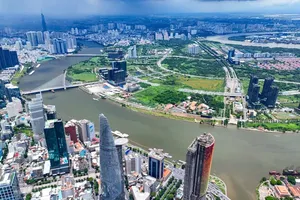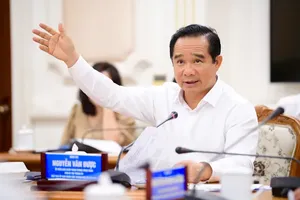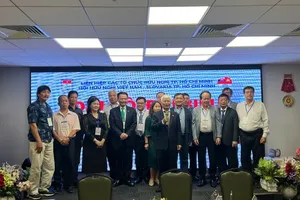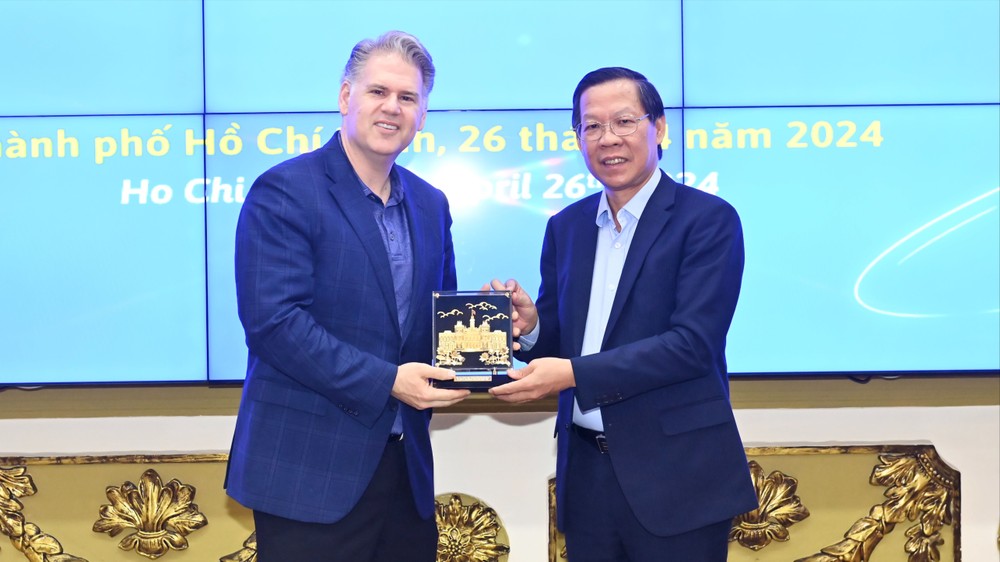
During the meeting, Nvidia expressed its desire for support and favorable conditions from the city government to invest in HCMC. Conversely, the city also seeks collaboration with the corporation to establish the city as an international AI technology hub.
Regarding investment in Vietnam, Mr. Keith Strier, Vice President of Nvidia Corporation, emphasized that the AI technology sector is globally significant, influencing all aspects of production, business, lifestyle, and the economy. Nvidia's decision to explore and choose HCMC as a strategic investment destination in Asia originates from the city's potential for development and mastery in the AI technology sector.
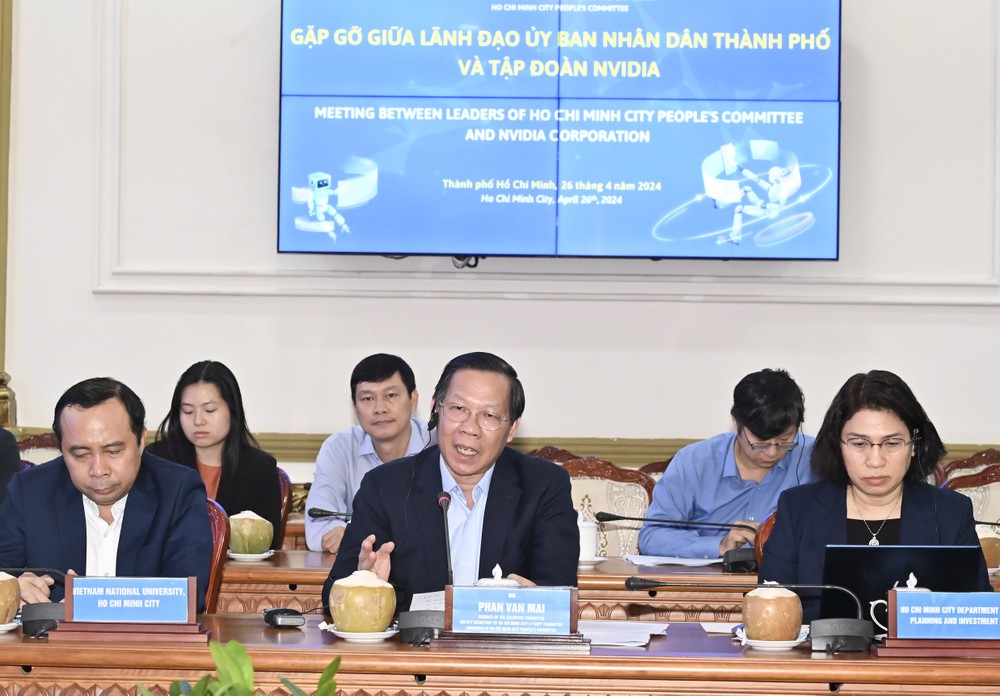
Mr. Keith Strier also noted that the city's leadership's proactive approach, determination, and forward-looking vision toward developing the AI technology sector are poised to drive significant growth in the coming years. Regarding potential, the city currently hosts approximately 1 million IT engineers who can readily transition to AI technology.
Additionally, the city's vibrant ecosystem of IT and semiconductor enterprises can swiftly integrate into this sector. As for human resources, the city benefits from over 100 universities within its borders. Of these, Vietnam National University - HCMC is adequately equipped to train the workforce required for the AI technology sector in the near future.
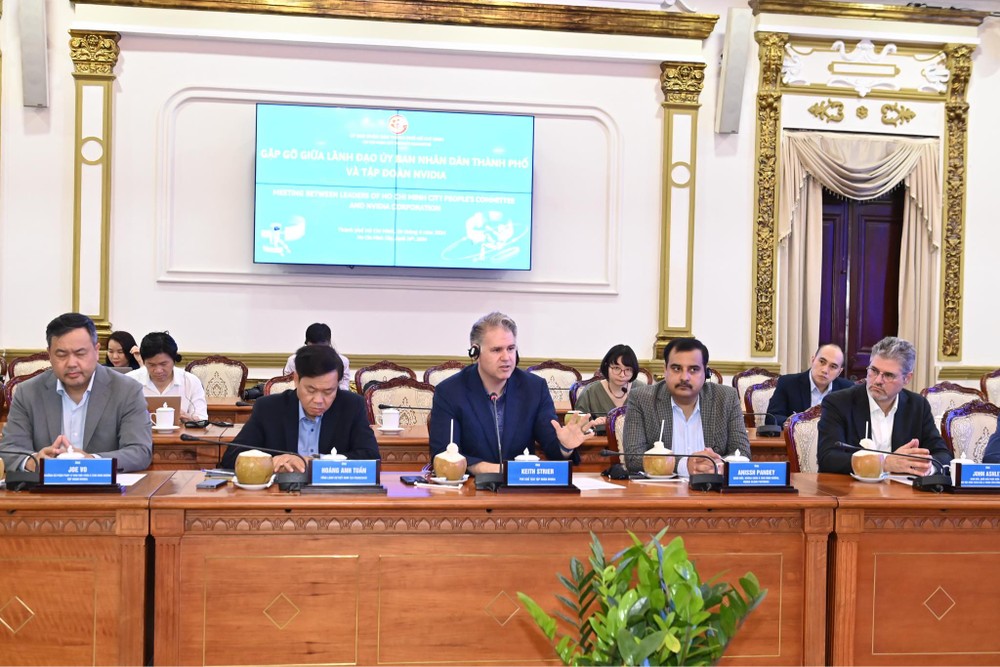
Mr. Phan Van Mai stressed that AI is a complex technology sector requiring policies to attract new investments while minimizing risks for investors. HCMC has the necessary capacity in terms of IT infrastructure, human resources, business ecosystem, and specialized policy mechanisms to attract AI technology investors.
Since the 1990s, the city has implemented superior mechanisms to attract foreign investments compared to other provinces and cities nationwide. With Resolution 98/2023/QH15, the city has the infrastructure, human resources, institutional frameworks, and determination to become a secure and efficient destination for AI technology investors, he added.
As for Nvidia Corporation, the city also openly suggested not only restricting their investment destination to HCMC as the AI center but also expressed a desire to collaborate closely to become partners in developing a roadmap for applying AI to the public administrative service system. Presently, the city has assigned departments to develop AI application solutions for administrative management, healthcare, education, urban management, and other various sectors.
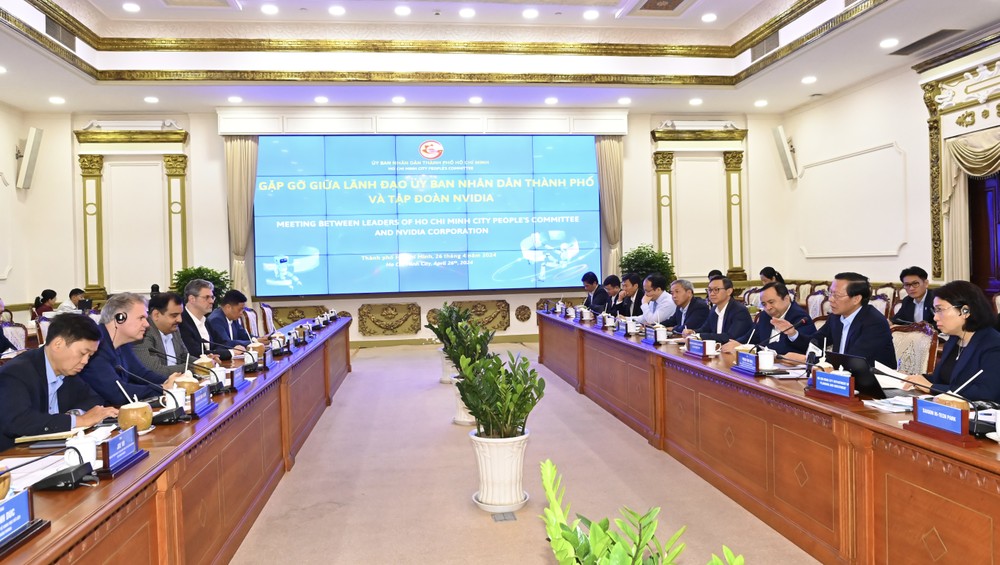
Mr. Keith Strier emphasized that for Nvidia Corporation, HCMC is also a major partner in developing public administrative services. This is a great opportunity that the city has presented to the corporation. The corporation will promptly devise plans for collaboration and take specific steps toward establishing its presence here. It will form research teams, deploy equipment, and relocate certain production units to Vietnam.
However, in line with investment objectives, the corporation suggests that the city should introduce further incentives for city-based technology companies to foster a robust ecosystem for technology enterprises and startups.
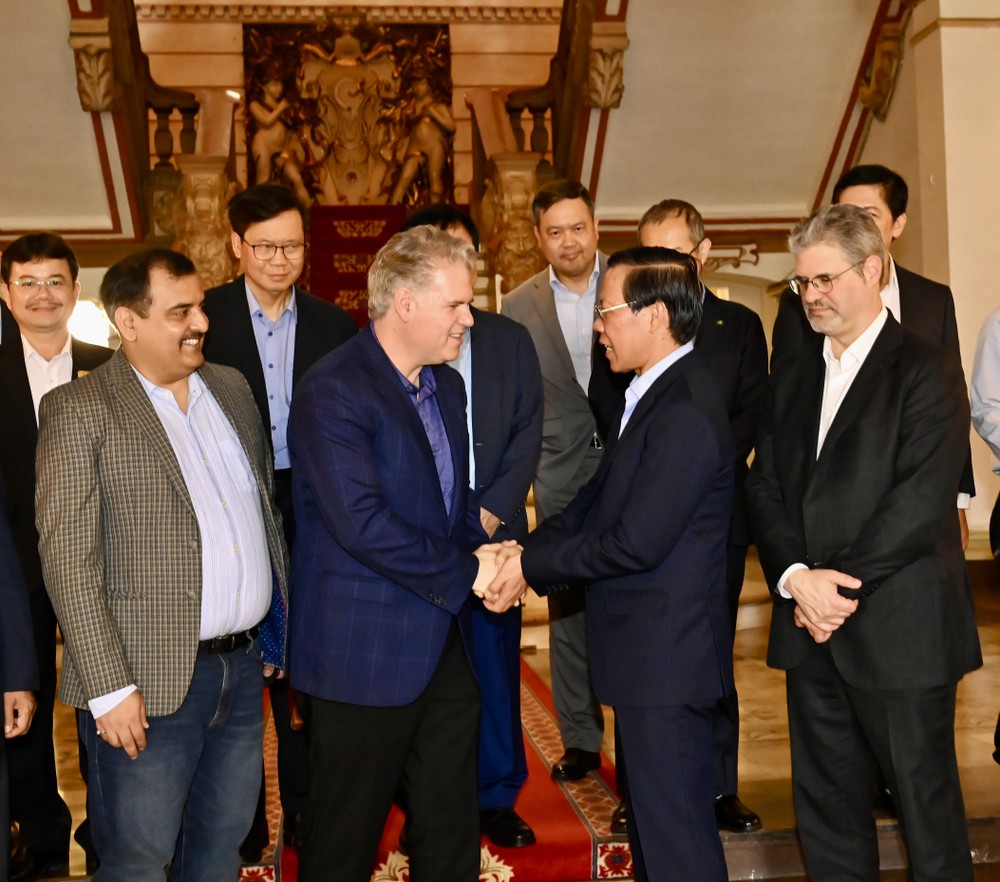
Following this, Mr. Keith Strier also recommended that the city invest in developing infrastructure, especially cloud computing infrastructure, which is crucial for AI technology advancement. The infrastructure for AI development is becoming more intricate and costly, necessitating public-private collaboration to expedite the establishment of data centers to ensure cost-efficiency while meeting the essential requirements for the development of the AI technology sector.
Mr. Keith Strier stated that he firmly believed that with the city's new approaches and collaboration with his corporation, HCMC would emerge as one of the top five AI cities globally.
Chairman Phan Van Mai of the HCMC People's Committee proposed that relevant authorities and Nvidia Corporation promptly establish a task force to facilitate the corporation's investment in HCMC soon. This task force will also devise a vision, roadmap, objectives, and mechanisms for AI technology development, as well as provide guidance to the city on priority goals, focuses, and the roadmap for AI application in operational and managerial activities. The city commits to developing public-private partnership models to accelerate the construction of AI technology infrastructure.
